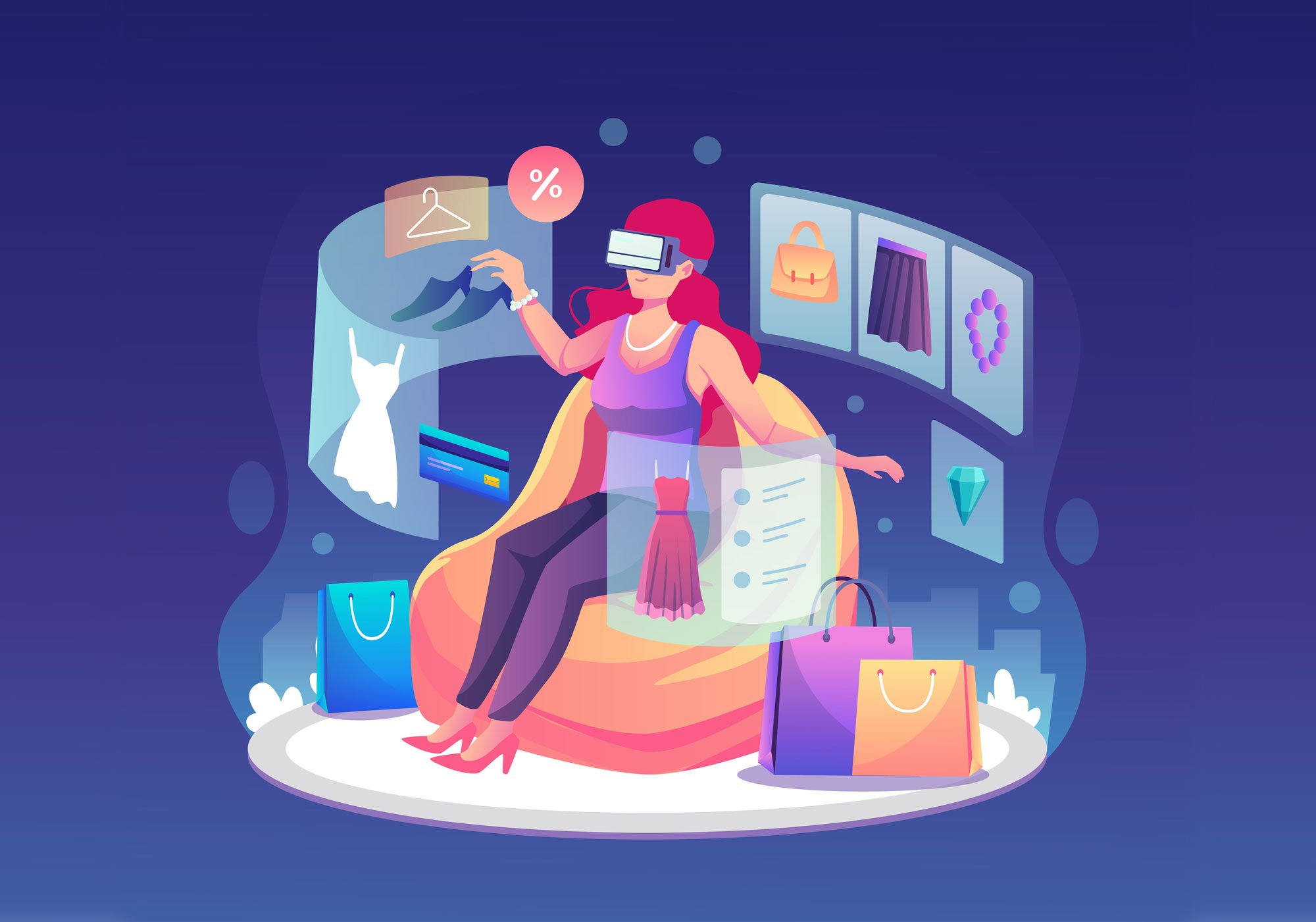The ChatGPT effect on advertising and marketing professionals
In the past few months, AI and ChatGPT have flooded the internet. There are very recent occurrences in the field of AI in wildly different areas (marketing, science, security, etc.), that have opened doors to an uncertain future. Many of us feel a little uncomfortable with so many tools replacing human activities.
If we are to be more specific about resources in the area of journalism and marketing, those at the top of the list are newcomers:
● ‘Magic Avatar’ from Lensa is an AI-generated digital self-portrait that, in recent days, has been trending on social-media platforms, with millions of users sharing their many different avatars.
● Canva has launched a beta-version of Canva Docs with an AI writing function called ‘Magic Write’.
● Last but not least, ChatGPT has left people divided over the lack of boundaries for AI.
What is ChatGPT and why is everyone talking about it?
ChatGPT is a new chatbot that was launched by OpenAI, an AI research and implementation company with no one less than Elon Musk as one of its founders.
This is an evolution of other already existing AI technologies. The company calls it Generative Pre-Trained Transformer (GPT) technology, which means that the technology is trained by making use of Reinforcement Learning from Human Feedback (RLHF).
In this training, people conducted conversations, as users and the AI assistant, and their feedback was collected to improve the answers. Now OpenAI trusts that ChatGPT will evolve even further with user feedback.
But what do the experts think of all this?
Benj Edwards, a tech journalist, said on Twitter: ‘At the moment, it’s possible that OpenAI has discovered the most convincing, well-informed and dangerous liar in history – a superhuman fiction machine that can be used to influence masses or to change history.’
The Guardian believes that this technology might lead to unemployment within a few years, particularly for professionals such as lecturers, programmers and reporters. ChatGPT surprised experts with its writing and programming capacities.
What are the opportunities and dangers to be aware of in relation to ChatGPT?
In the first few days after the launch, ChatGPT had more than one million users. In areas such as marketing, we have already seen how powerful the tool is, delivering strong brainstorming ideas for all sorts of companies. However, it is still far from perfect.
As with all AI technologies, there is praise for the good content that AI creates and criticism for possibly incorrect information and errors.
Time magazine ‘interviewed’ the ChatGPT robot and said that the tool poses a number of questions that enforce its limitations and how people can adapt to the technology to be more aware of how to use it.
On the other hand, this tool can, just like other resources for assisting writing that have already been mentioned, be very useful when it comes to marketing. And this is particularly the case when it comes to making content. Just like other comparable tools, I think it must be used as a moderator instead of a producer.
In the course of time, Google has learned how it can recognise content that is exclusively or primarily developed by AI, and with advanced programs blocking detection, ‘cracking’ is even more difficult. In the future, AI content that is posted will always be ‘punished’ by Google Search.
A few domains that ChatGPT is suitable for
● Customer service in the capacity as a human-trained automated chatbot.
● Social-media management for thinking up captions and analysing advertisement data.
● As an SEO tool for looking up relevant keywords and optimising on-page content.
ChatGPT also has very clear limitations
This tool demands clear, 100% detailed input about your request or question. The term prompt engineering has been used to describe the skill of asking the right question on those type of platforms.
The algorithmic information base, the virtual brain, is not adjusted in real time. In other words, every answer that it gives, is based on so-called biases that are ‘attributed’ to its knowledge. And the last data input was performed in 2021. So this tool is not suitable for fact-based content.
OpenAI doesn’t just know how illegal content can be ‘blocked’, but has also developed a technological watermark to help detect content that is generated by OpenAI technology.
As such, it’s about discovering the benefits of making your day-to-day work more productive with the help of AI, without relying on it. A smart way to use it as a helpful partner, is by asking it a question and using the answer as inspiration.
HighCo DATA has embraced AI technology in its solutions:
Did you know that HighCo stands for High Communication? It’s in our DNA to always be one step ahead. As such, our clients can count on AI solutions. When it comes to media, we provide a highly targeted AI media solution known as HighConnexion. It is an AI-driven display bannering programme that optimises itself in such a way that our clients can reach their target audience. For our neighbours in France, it’s the solution CouponAI, which makes use of artificial intelligence to adapt couponing values to the needs of the target group. At the moment, it’s not yet active on the Belgian market, but we’re working on it. Make sure you keep an eye out for it.
Would you like more information about this? Get in touch today. We would love to help you out.
Share this
You May Also Like
These Related Stories

Consumer behaviour in Belgium is changing!

Promotion strategies for Generation Z: clever tips for retailers


No Comments Yet
Let us know what you think